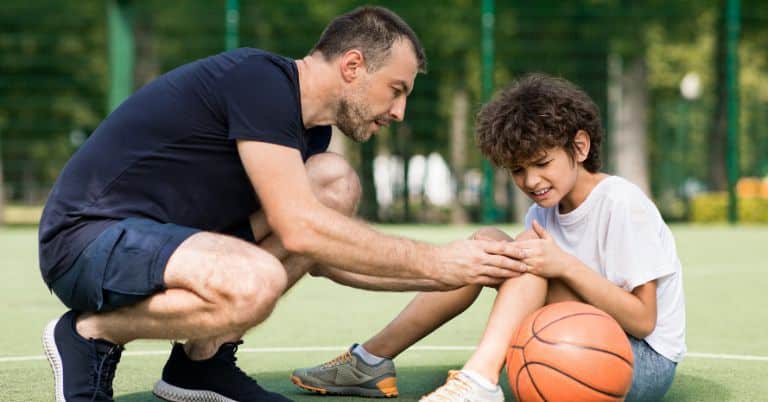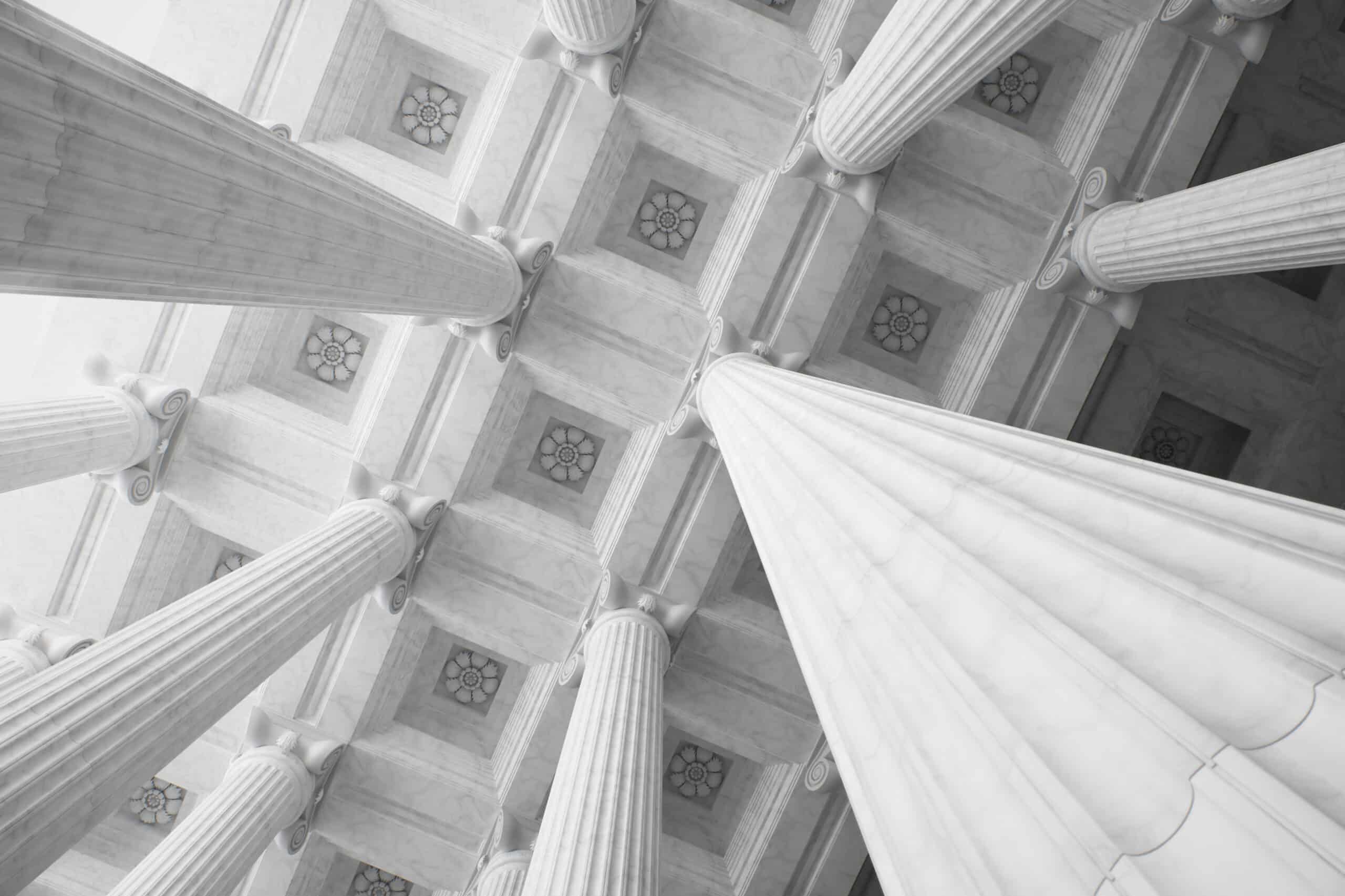
Request Free Consultation
To get answers to questions about your injury, contact Catalano Law for a FREE case evaluation. We’ll assess your case, explain your legal options, and recommend the next steps at no cost. We’re here when you need us.
Contact Form
General Contact Form

Sending your child to school is a major milestone marked by excitement and anticipation for new experiences and learning opportunities. As a parent, your primary concern is your child’s safety and well-being while away from your watchful eye.
While schools strive to provide a secure environment for students, accidents can still happen, raising an important question: Can you sue if your child is injured at school?
The child injury attorneys at Catalano Law can help you understand your rights if your child is hurt at school. We will review your case to determine if negligent supervision, poor maintenance, or another student’s actions led to your child’s injuries, allowing you to file a compensation claim.
The Duty of Care in Schools
The duty of care in schools is a fundamental principle that outlines schools’ responsibility toward their students. It encompasses providing a secure and nurturing environment during school hours.
Schools are entrusted with safeguarding students from foreseeable risks, both physical and emotional. This entails proper supervision, maintenance of facilities, and adherence to safety protocols.
Parents can reasonably expect their children to be protected from harm while under the school’s care, fostering an atmosphere where learning can occur free from unnecessary risks.
Teacher Neglect and Liability
Neglect and liability involve situations where a child’s safety is compromised due to inadequate supervision or disregard for potential hazards. For instance, failure to adequately monitor students during recess or neglecting to address safety concerns in the classroom can lead to accidents.
If proven negligent, both schools and teachers may face legal consequences. Schools can be held liable for their employees’ actions under the doctrine of vicarious liability. If your child is injured at school due to neglect or liability, you may be able to file a lawsuit against the school or teacher.
To be successful, you must prove that the school or teacher owed your child a duty of care, that they breached that duty, and that the breach caused your child’s injuries.
Harm Caused by Other Children
Children can also be injured on school property by their peers. Schools typically address these cases through internal disciplinary measures. In legal actions, proving liability may require demonstrating negligence on the part of the school in preventing harm.
In the case of injury caused by another student, you may be able to pursue legal action against their parent or legal guardian. This is possible through parental liability laws. In New York, Section 3-112 makes guardians responsible for damages caused by their child between 10 and 17 to property or if their actions put others at risk.
Lack of Maintenance on School Grounds
Proper maintenance of school premises is crucial to ensure a safe environment for children. The consequences of inadequate maintenance can be severe, resulting in injuries that require medical attention.
For instance, poorly maintained playground equipment might break or malfunction, leading to accidents. Uneven surfaces can cause trips and falls, while inadequate lighting can obscure potential dangers.
According to the U.S. Consumer Product Safety Commission (CPSC), over 206,700 children are injured on playgrounds annually. Inadequate maintenance endangers children’s safety and can lead to potential legal consequences. Schools are responsible for providing a safe environment, and neglecting maintenance can result in liability if a child is injured because of hazardous conditions on the premises.
You can seek compensation from the school, maintenance staff, or potentially a third-party manufacturer if your child was harmed due to unsafe school or playground equipment.
Defenses and Immunity for Schools
Schools can employ various defenses when confronted with a lawsuit. These may include challenging the evidence presented, contesting the allegations, or asserting that proper procedures were followed.
Governmental immunity, or sovereign immunity, also shields public schools and government bodies from many legal actions. However, this protection differs for public and private schools:
- Public schools: Sovereign immunity safeguards public schools, but exceptions exist. These are typically for tort claims (those involving negligence), breach of contract, liability for dangerous conditions, or civil rights violations.
- Private schools: Unlike public schools, private ones lack sovereign immunity. This exposes them to lawsuits without special rules. As a result, private schools may face heightened accountability for injuries suffered by children.
Out-of-Court Settlements and Mediation
Before trial, parties can consider out-of-court settlements or mediation. Settlements involve negotiation between the plaintiff and the defendant, potentially avoiding lengthy legal proceedings. Mediation involves a neutral third party assisting both sides in reaching an agreement.
These alternatives offer benefits like faster resolution and reduced costs. However, they also have drawbacks, such as potentially accepting less compensation than you might receive at trial. Resolving matters without a trial can preserve relationships between parents and the school, allowing both parties to focus on the child’s well-being.
Hire a Personal Injury Attorney to Help Your Case
At Catalano Law, we understand that your child suffering an injury at school is a scary situation. While your first concern is your child’s well-being, it’s also important to safeguard their rights and seek compensation to help pay for their damages.
We have over two decades of experience with New York personal injury law, representing children and their families against schools and other negligent parties. We will use our legal knowledge and experience to help you win the maximum settlement possible to help your child recover from their injury.
Contact us at Catalano Law for a free consultation and learn the legal options for your case.

